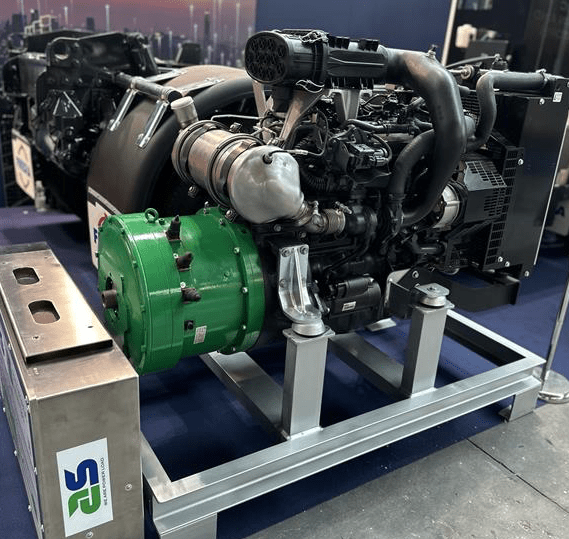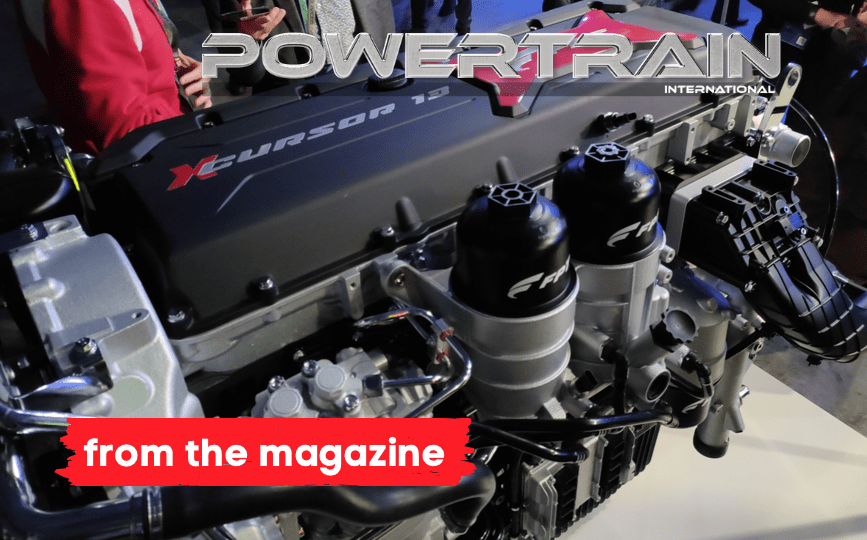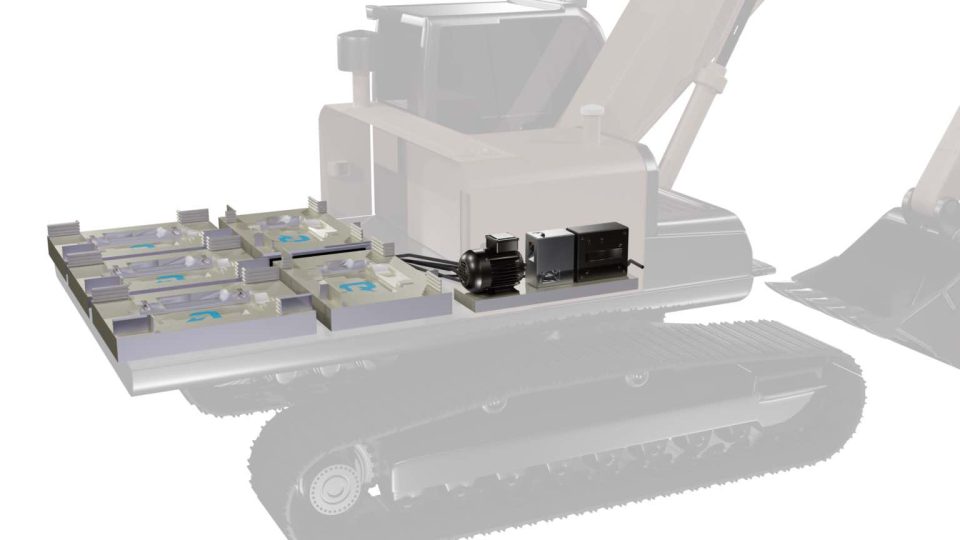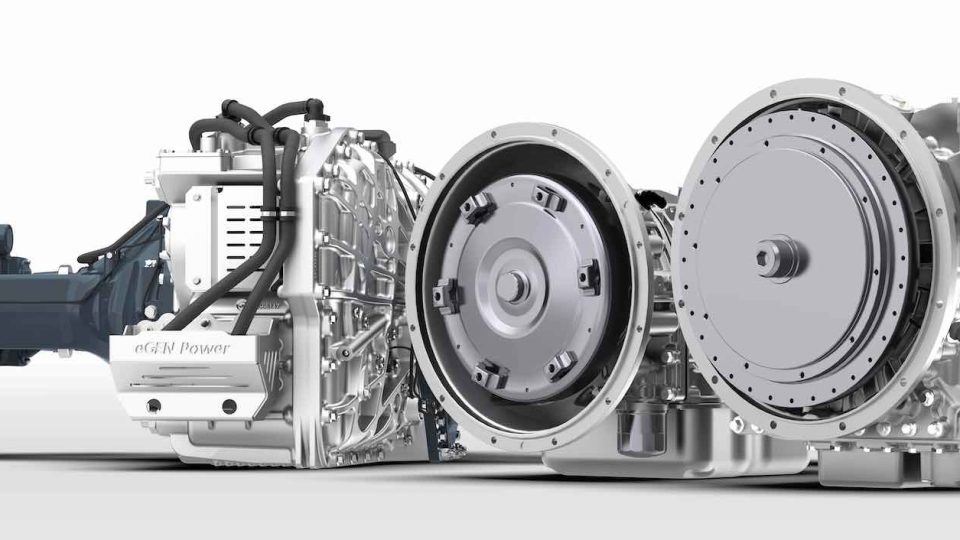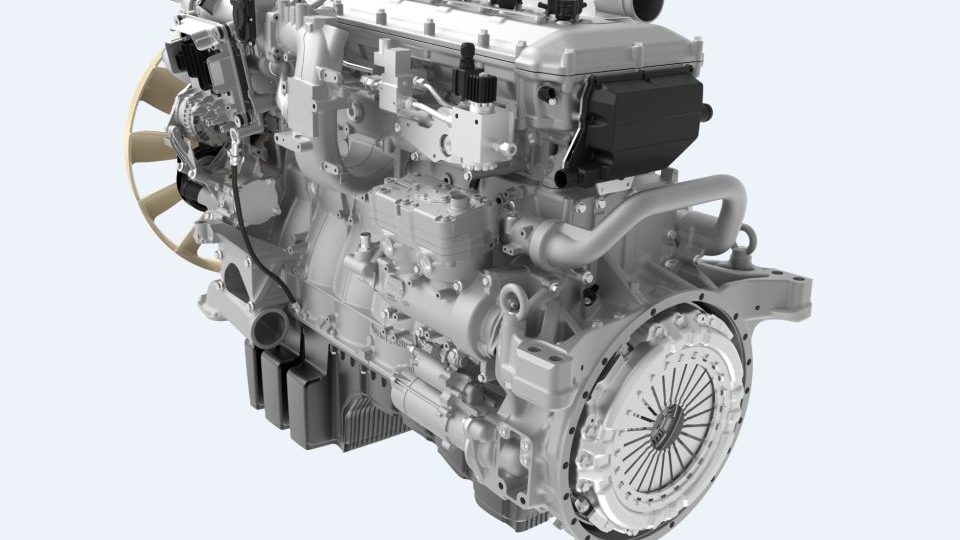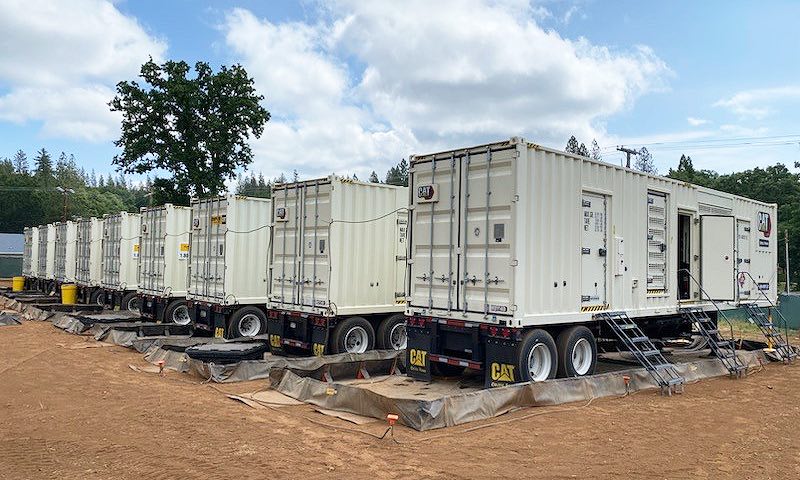CEMA, CECE, and CO2 emission reduction
CEMA and CECE against greenhouse gases Greenhouse gas (GHG) emissions are one of the biggest enemies of our times, and during the past 50 years, many energies have been spent in the effort of reducing emissions. In particular, fields like the agricultural and construction machinery industries continue to be committed to reducing GHG emissions, in […]
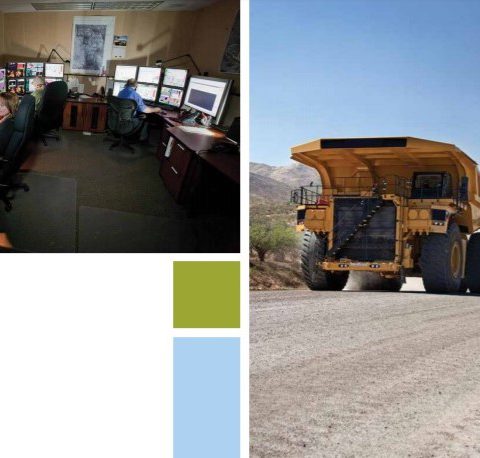
CEMA and CECE against greenhouse gases
Greenhouse gas (GHG) emissions are one of the biggest enemies of our times, and during the past 50 years, many energies have been spent in the effort of reducing emissions. In particular, fields like the agricultural and construction machinery industries continue to be committed to reducing GHG emissions, in particular, CO2. This is the reason why CEMA (European agriculture machinery) and CECE (committee for European construction equipment) have taken this issue so seriously.
One of the main problems in these fields concerns fuel. This, in fact, is one of the highest input costs in agricultural and construction processes. Manufacturers have therefore come up with innovative solutions that reduce fuel consumption. But, at the same time, it is fundamental to keep performance levels high and emission levels low.
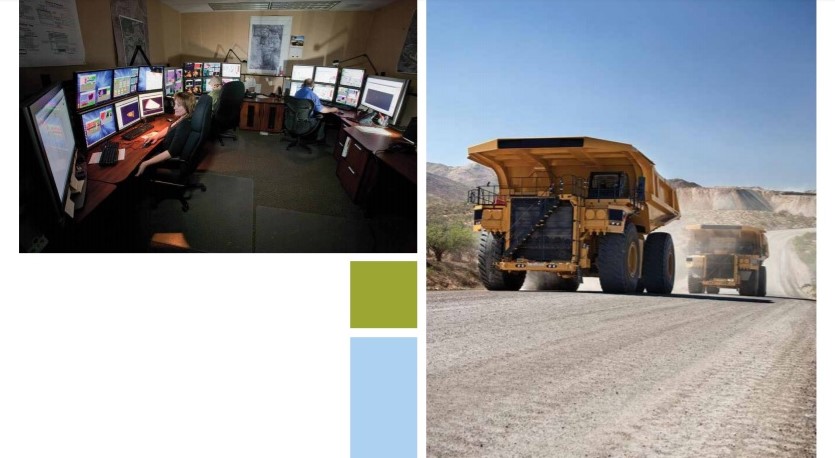
Modern technologies, modern skills
Machinery operators have become more and more professional and specialized. New challenges and opportunities are arising from new technologies such as interconnectivity or satellite navigation. The users need to have the right training and skills to use equipment efficiently. Maintenance and correct interpretation of data are also crucial factors to increase energy efficiency in any process.
These conditions are also due to the relatively complex contexts in which agriculture and construction machinery work. These are, in fact, used to carry out a range of different operations, from drilling to cutting, collecting, pulling, ploughing, seeding, spraying, harvesting. And a lot of parameters can further influence the operational quality and fuel consumption levels.
Holistic vs specific
From the perspective of CEMA and CECE, it is important to have a holistic, instead of specific, approach. It is important to look at machines’ operations and at the entire process chain as a whole. There are four main pillars to take into consideration for optimizing the energy efficiency. The first is machine efficiency, which means looking at the optimization of all elements related to the machine itself (engine, transmission, hydraulics, tires). Process efficiency, instead, is related to the setup of the process to fulfill the desired job. For example, selecting the combination of machines for the application, or the best machine for each task.
The abovementioned ability to use the latest technologies, such as smart sensors and actuators, or the coordination of multiple machines via GPS, is also relevant for the process efficiency. A connected environment became fundamental to optimize the use of the fleets. The third is operational efficiency. This includes the training of machine operators or technologies to simplify machine use. The fourth, instead, is related to the use of alternative energy sources. The reason is that they deliver the same amount of energy but with lower CO2 emissions. We are talking about all those sources such as biofuels, electric drives, solar panels, hybrid drivers.
Moving forward
To reduce emissions levels, particularly those of CO2, in the years to come, there are some points to consider. Agricultural and construction machine applications are different from on-road ones. Our approach to CO2 emission reduction needs to further evolve from a traditional machine ‘stand-alone’ model to a more integrated one. We have to achieve major energy savings with the highest cost-efficiency. We shall consider all the steps of the processes, being them in construction or in agricultural fields. Modern machines are the most promising tools to accomplish the highest energy efficiency potential in farming and construction processes. Smartness and connectivity can represent the new, fundamental tool to achieve this epochal goal.

